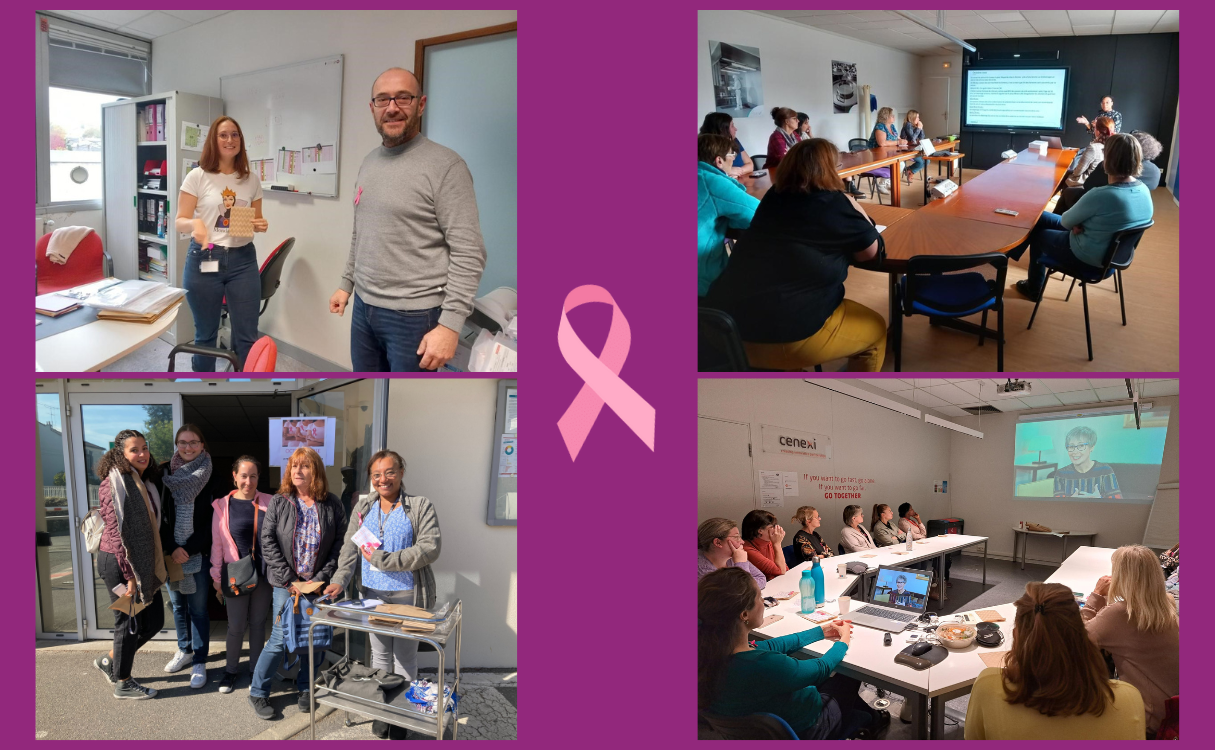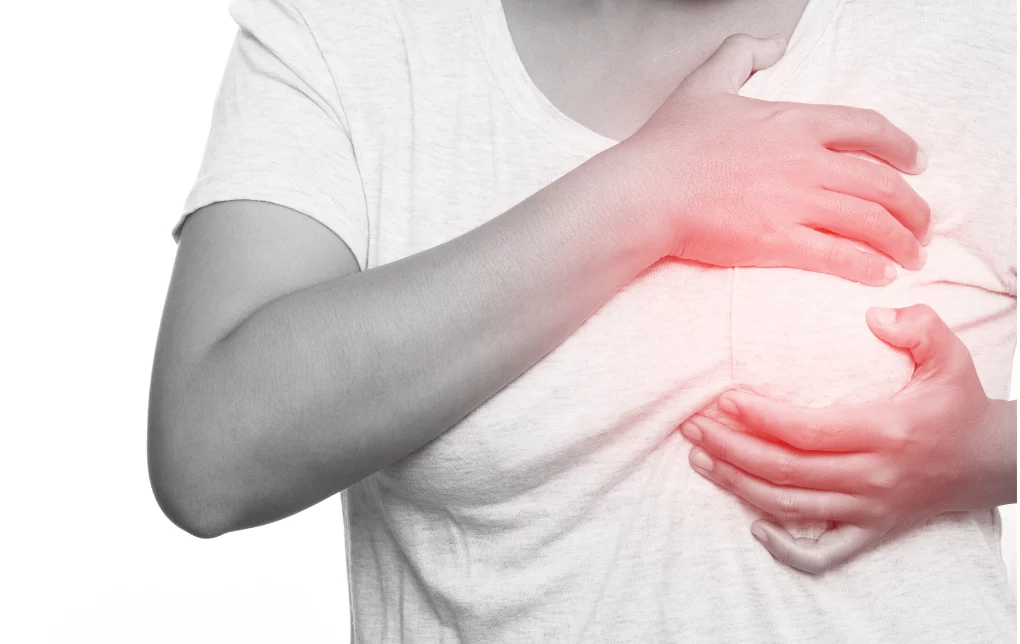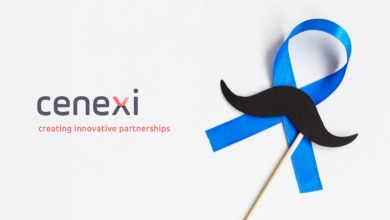Pink October is an annual global campaign to raise awareness around the importance of breast cancer screening and to raise funds for breast cancer research.
Throughout October, Cenexi employees were able to learn more about fighting against this cancer.





